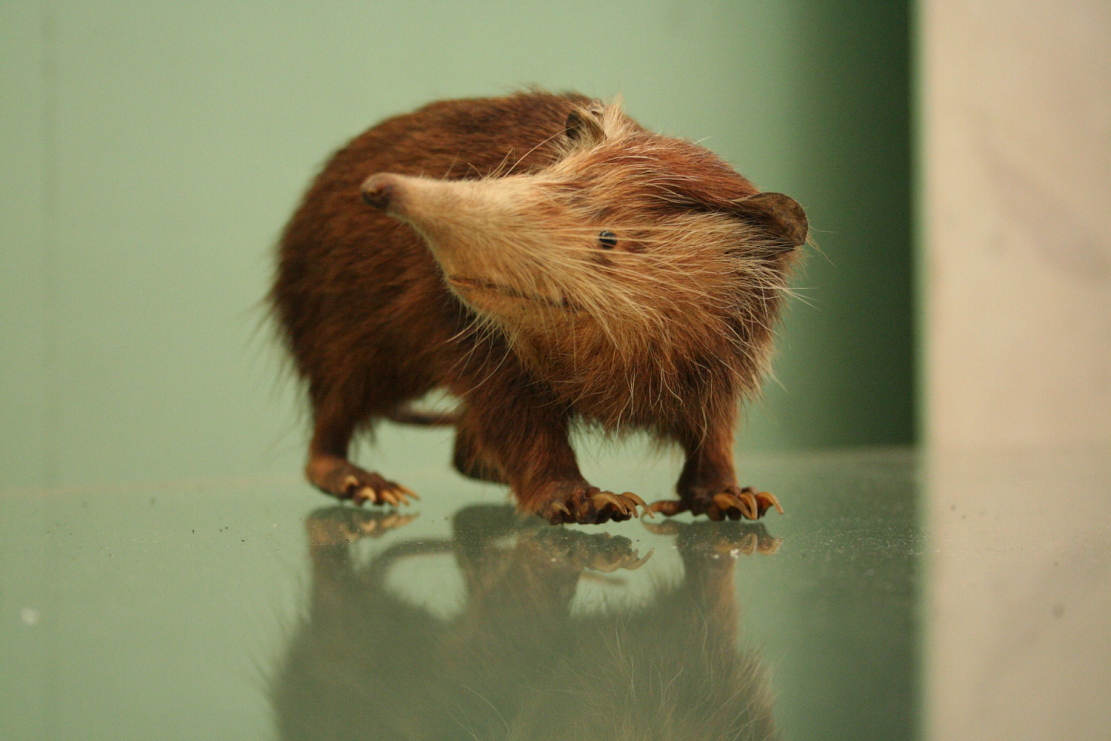-

UK: LIDAR reveals pre-Roman 'farming collective' in Sussex
-

Israel: Rare Roman gold coin found in Jerusalem at Mt. Zion archaeological dig
-

Philippines: Camp stability predicts patterns of Hunter–Gatherer cooperation
-

Oceans: Heat release from stagnant deep sea helped end last Ice Age
-

Fossils: Ancient DNA traces extinct Caribbean 'Island Murderer' back to the dawn of mammals
-

Natural Heritage: Discovery of young family gives hope to world's rarest ape